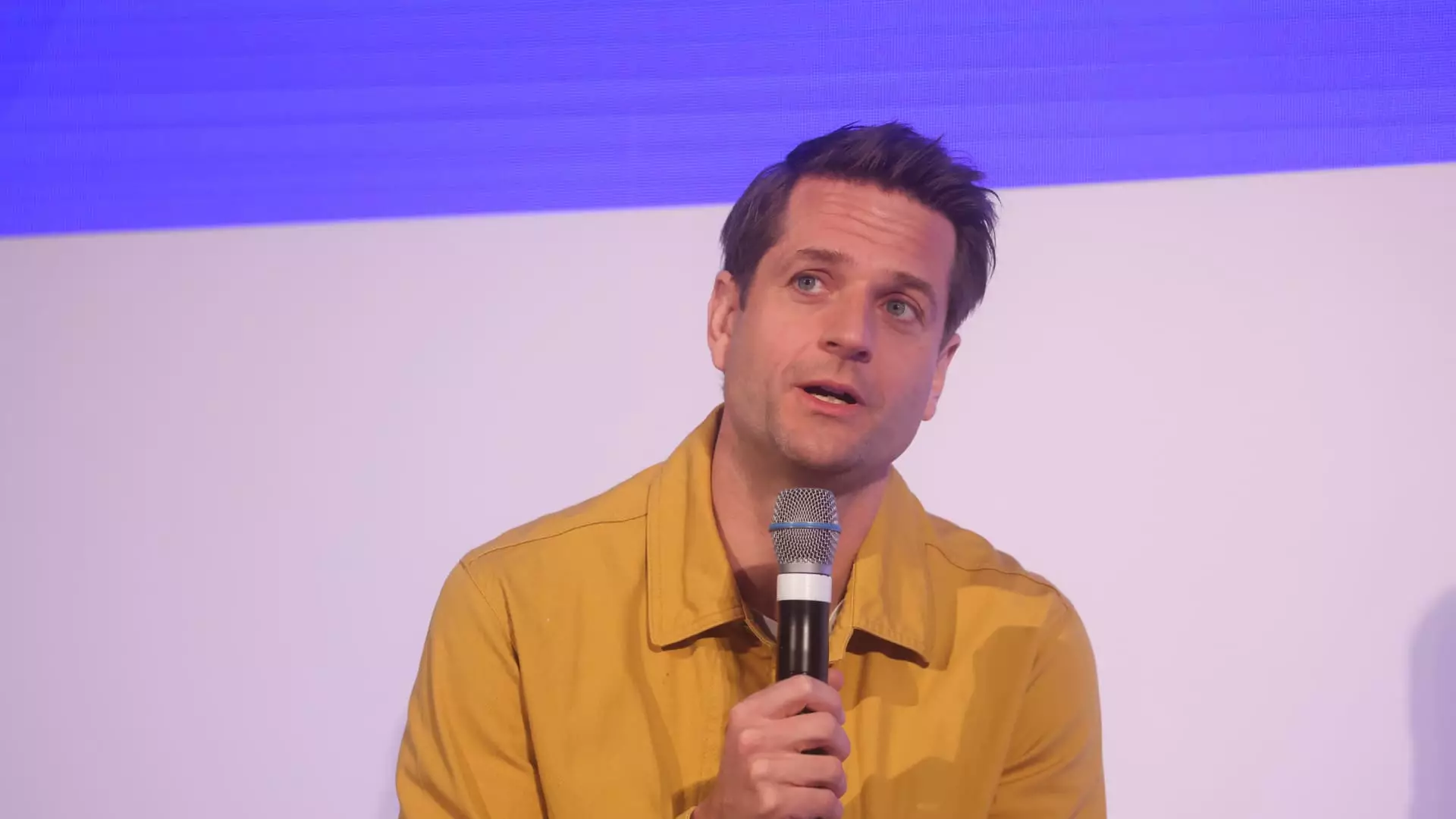As Klarna, the Swedish fintech giant, approaches its much-anticipated initial public offering (IPO), the words of CEO Sebastian Siemiatkowski ring clearly: a brain drain of technology talent from Europe poses a significant threat. The challenges surrounding this phenomenon are symptomatic of broader issues within the European tech landscape, particularly concerning employee compensation structures.
In a candid interview with CNBC, Siemiatkowski highlighted the potential repercussions of EU regulations on employee stock options, a staple of equity compensation. Clarifying the competitive landscape, he pointed out that Klarna might lose valuable personnel to U.S. tech behemoths such as Google, Apple, and Meta, which offer more attractive incentives. As Klarna gears up for its IPO, the allure of U.S. firms, known for their lucrative stock alternatives and a more favorable compensation culture, places European tech firms at a disadvantage.
The lack of flexibility and predictability in Europe regarding stock options proves to be a double-edged sword. Many European countries maintain uncapped employee social security contributions on stock rewards. This creates uncertainty for companies like Klarna when trying to estimate employee-related expenses, stifling their ability to compete effectively against their American counterparts. For Siemiatkowski, this unpredictability can cripple a company’s planning process, especially when fluctuations in stock prices directly impact financial outcomes.
As Klarna prepares for its IPO, which is speculated for as early as 2024, the implications of employee compensation strategies take center stage. Siemiatkowski stated that Klarna’s equity offerings, which are significantly lower compared to its publicly listed peers, hinder the potential to attract and retain top talent within Europe. According to research compiled by consulting firm Compensia, Klarna offers only a fifth of its equity as a proportion of revenue compared to its competitors, who provide up to six times more equity options.
This disparity may create a reputation for Klarna as an uncompetitive employer in the eye of skilled professionals, particularly in technology sectors where equity ownership is a key motivator. The implication is clear: if talented individuals feel undervaluated in their current roles, they are more likely to seek opportunities elsewhere, particularly in regions where the payout of stock rewards is better aligned with market expectations and employee sentiments.
While Klarna is not alone in facing these challenges, Siemiatkowski’s perspective on the issue underscores the growing apprehension about the sustainability of talent in European tech. With the proliferation of remote work and flexible job offerings from U.S. firms, the situation continues to cause anxiety among European tech leaders.
One of the underlying sentiments shared by Siemiatkowski is the restrictive mentality toward compensation within Europe, especially in finance. Unlike the U.S., where high salaries and generous benefits are viewed as essential to attracting talent, European norms suggest that firms should invest less in employee incentives. This cultural gap complicates the competitive landscape for European startups like Klarna striving to retain top talent amid a shifting job market.
Additionally, geographical mobility has transformed talent retention strategies. With employees frequently approached by sizeable firms, the allure of a job offer from a U.S. tech company becomes a compelling reason for leaving. Siemiatkowski contended that the changing landscape of remote work has fundamentally altered the way companies attract and maintain their workforce. Even if a tech startup in Europe grows in prominence, the options for employees have expanded, creating an environment where skillful personnel can choose to work from anywhere.
As Klarna’s IPO date approaches, the company’s ability to adapt its compensation strategies will be crucial. Siemiatkowski’s acknowledgment of the competitive landscape suggests a need to reassess the company’s approach to employee equity. If Klarna aspires to attract and maintain elite talent within Europe, reforming its stock option framework to be more favorable could play a pivotal role in achieving its objective.
While Klarna remains an influential entity in the European tech ecosystem, the challenges it faces surrounding talent retention and compensation signify a more extensive narrative about the current state of European technology. Strategies aimed at improving equity compensation could empower Klarna to emerge as a leading example of how to navigate the complexities of employee motivation in a highly competitive global market, ensuring both a successful IPO and long-term viability in the fintech space.
As Europe continues to grapple with its talent crisis, Klarna’s experience might reveal essential lessons on how adaptability, awareness of market dynamics, and a progressive approach to employee satisfaction can create a thriving tech environment capable of retaining its best and brightest.

